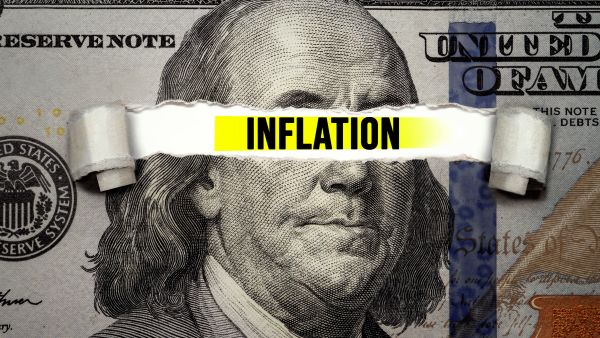ALBAWABA — Consumer inflation in the United States fell to its lowest level in more than a year in December, U.S. Labor Department data showed on Thursday.
The cost of living decreased 0.1 percent in December, compared with a 0.1 percent increase in November, according to the consumer price index (CPI).
In an effort to address the cost-of-living crisis, the Fed has been raising interest rates at a pace not seen since the 1980s, announcing its seventh increase for the year in December.
The Bureau of Labor Statistics said that the annual rate of inflation decreased for the sixth consecutive month of yearly declines, from 7.1 percent in the previous month to 6.5 percent in December.
The largest contributor to the monthly decrease was declining gas prices, which fell 9.4 percent over the course of the month, more than offset rising shelter indexes, which rose 0.8 percent over the month and were 7.5 percent higher than a year ago.
Analysts cautioned that the price relief was not spreading from energy to other items quite as quickly as expected. For example, clothing prices rose 0.5 percent from November to December, and were up 2.9 percent compared with a year earlier.
Reacting to the report, U.S. President Joe Biden on Thursday said: "We're clearly moving in the right direction. It all adds up to a real break for consumers, more breathing room for families."
Powell said last month that the Fed would start to move less aggressively to see how the economy would react but would need to be cautious in its steps to keep the world's largest economy from crashing into a recession.
Despite the decline, the inflation rate is still predicted to remain high through 2023, being more than three times higher than the Fed's 2 percent annual target rate.







